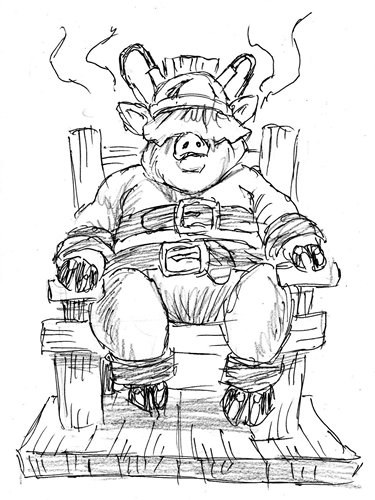
(Photo: Global Times)
Taking the seat number written on the train ticket is an unspoken rule. But instances of people occupying others' seats - called seat hogging - have occurred repeatedly. Though authorities punished seat hoggers, the key to preventing more incidents lies in on-the-spot law enforcement.
A passenger's outrageous behavior in northern China a few years ago ignited online fury recently, as seat hogging has never disappeared from the public eye. The man surnamed Li bought a second-class ticket for a Tianjin-bound bullet train but occupied a seat in a first-class compartment and refused to move when asked to do so by crew.
"I'm sitting here. So what?" Li shouted, a viral video shows. He refused to go back to the second-class coach or pay for an upgrade.
Another passenger, with the surname Liu, later appears in the footage and forces Li to relent by thrashing him - slaps, kicks and punches to the face.
Liu was sentenced to four months in prison for committing intentional injury after Li was wounded in the eye, but was given a six-month probation. Liu also paid 60,000 yuan ($8,887) for Li's medical treatment.
Liu said he was inspired by the chivalrous characters in the Chinese novel Water Margin. He however regretted his behavior and vowed not to repeat it.
Li's fate after that is not known.
Chinese internet users voiced their disappointment arguing that the seat hogger got away with a lighter penalty and the one who tried to take him on was given a harsh sentence.
Indeed, Liu wanted to help. But he took the law in his hands by assaulting the seat hogger and disrupting social order. Even though net users' anger is understandable as seat hogging can inconvenience a lot of people, the law should be respected.
The court verdict was fair. But where was the police when the fracas happened? The absence of law enforcement officers helped snowball a minor incident. If a railway police officer had arrived on the scene and forced Li to give up the seat, the incident wouldn't have led to a physical fight and lawsuit. Seat hoggers are often punished later, after their behavior has done enough harm.
Sun He, who took another passenger's seat last August, was fined 200 yuan ($29.6) and banned from buying train tickets for 180 days.
Penalties became common in such cases, but they did not deter people from occupying others' seats. Less than a month after Sun's case, a woman was fined and blacklisted from buying tickets, but she thought she had done nothing wrong.
Seat hogging is not only a moral issue but disturbs public order and violates law. The absence of coercive measures on the spot could encourage some to repeat the mistake. Therefore, as netizens are suggesting, police officers should strengthen law enforcement on the spot.
Fortunately, authorities have taken note and are trying to make changes. In early December last year, a woman on a train from Baotou, North China's Inner Mongolia Autonomous Region, to Dalian, Northeast China's Liaoning Province, was forced by police to vacate and later taken into custody for refusing to move and insulting police officers.
A law-breaker will certainly pay for what he or she did. A strict law enforcement regime can send the right message to violators.


